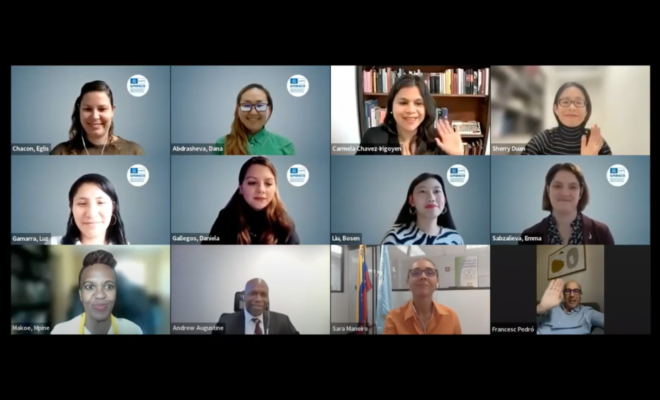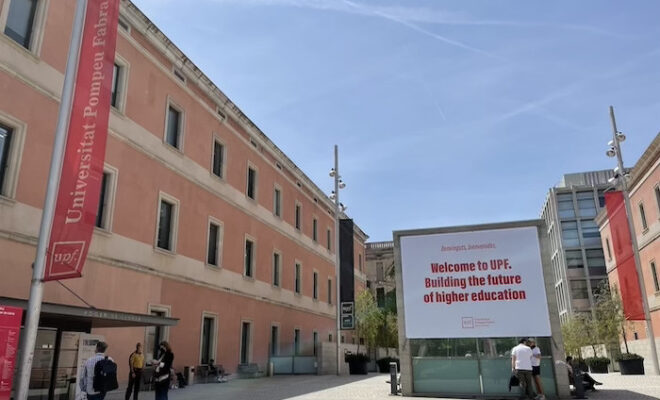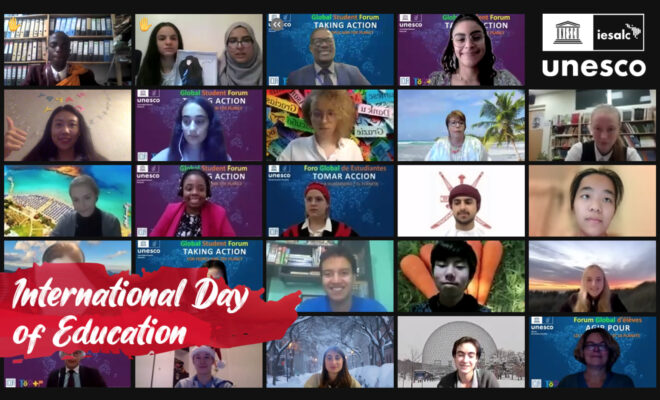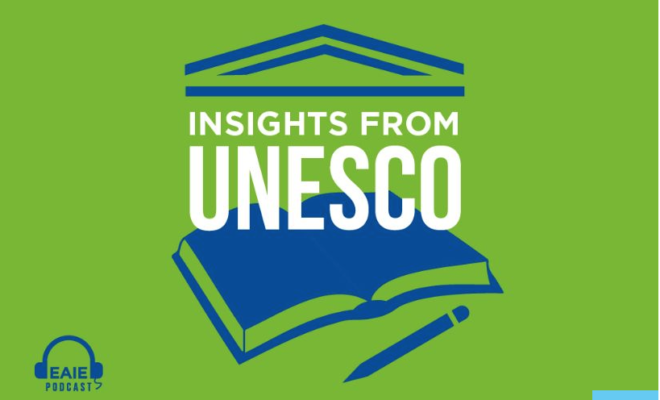Applications of Artificial Intelligence to higher education: possibilities, evidence, and challenges

The range of applications of artificial intelligence (AI) to education is increasing ceaselessly, although its generalization still seems far away. Despite the enormous opportunities that AI can offer to support teaching and learning, the development of applications for higher education carries numerous implications and also ethical risks. Against this context, this contribution aims to offer a review of AI applications in higher education, taking as a starting point the heritage of research developed in the last two decades. It explores the definitions of AI in education and the elements and methods that AI applications could bring to higher education, discussing the challenges that emerge and finally suggesting some conclusions.
The previous abstract corresponds to the research paper by Francesc Pedró, director of UNESCO IESALC, entitled “Applications of Artificial Intelligence to higher education: possibilities, evidence, and challenges”, included on the current issue of IUL Research, Vol. 1 No. 1 (2020): The conditions and results of innovation of educational models, “entirely dedicated to the theme of innovation of training models in the school and adult educational context”. According to its description, the aim of this issue of the international scientific journal “is to investigate, for the various dimensions that compose the innovation processes, what are the conditions that promote their implementation and the results that follow”.
Section Research Papers of the IUL Research.
Picture courtesy of Pexels.
RELATED ITEMS








